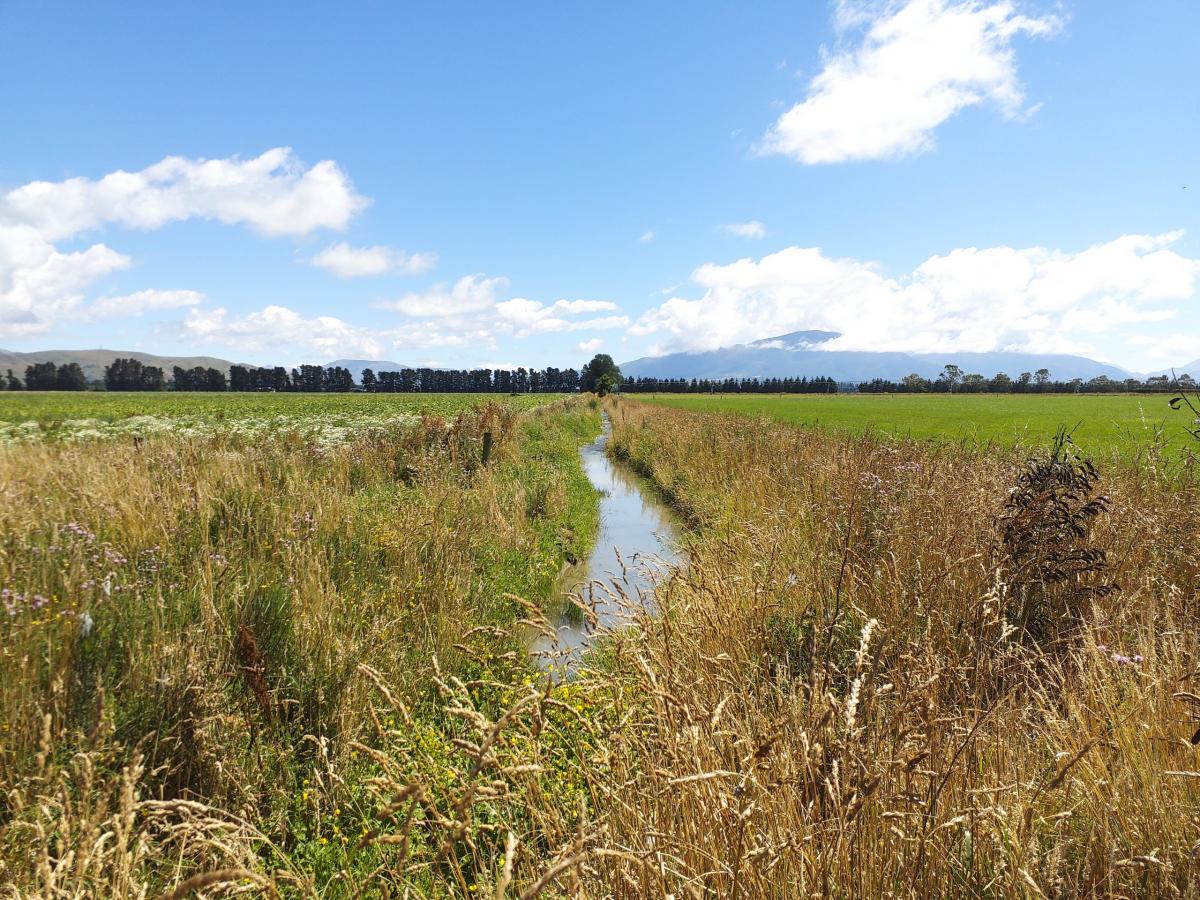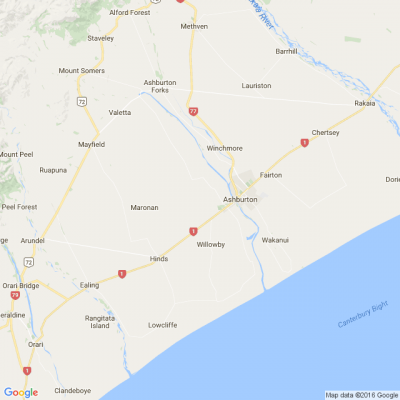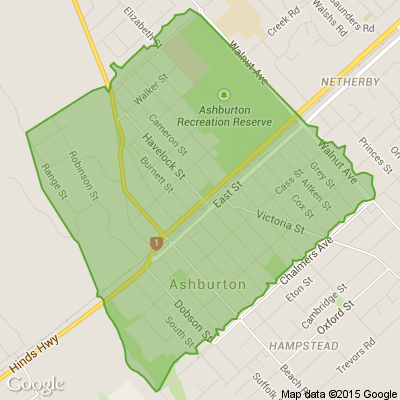Stockwater users face huge fee hike
By local democracy reporter Jonathan Leask:
The cost for council stockwater services in Mid Canterbury could more than double.
The minimum charge for Ashburton District Council’s stockwater is proposed to increase from $260 to $700.
The cost increase will be part of a wider revenue and financing policy consultation process coinciding with the draft long-term plan, in which the council proposes to end delivering stockwater by June 2027.
Councillor Russell Ellis was concerned about the message the proposed increase could be sending.
“I wonder if there is a perceived risk to council going out with this increase to $700 at the same time we are going out with the stockwater closure in three years’ time, for people saying we are trying to influence that decision by doing this as well.”
But councillor Richard Wilson said the proposed increase would only help encourage stockwater users to start seriously considering alternate delivery options sooner.
“It will bring out where we are trying to head with stockwater.
“This will focus their minds and should help with our process.”
The targeted rate is based on the race length crossing or adjoining a property and is used to fund race maintenance.
A declining number of contributors means that the stockwater budget, which exceeds $1m, is being divided between fewer ratepayers over time and making the current approach unsustainable, the council report stated.
The solution is for the remaining users to pay more.
The minimum charge for race lengths up to 246m is proposed to more than double by increasing to $700.
The increase would also reduce the per metre charge for the races over the 246m.
The other options are to increase the charge to $500, increase it to $700 by 2025-26 – making consecutive $220 increases, or keep the status quo.
The council previously consulted on increasing the minimum charge to $600 in 2021.
The majority of the 105 submissions supported the status quo and the council decided to only increase the minimum charge by $50 each year for the first three years of the 2021-31 long-term plan.
Since 2021, there has been a reduction of 25% in stockwater ratepayers and a 20% reduction in network length, senior policy adviser Richard Mabon said.
It was unclear if the reductions were driven by the $50 increases or other factors, Mabon said.
Volumetric charging is not an option as the council is not able to gauge what each property uses.
Stockwater is part-funded from the general rate due to the community-wide benefit aspects, and in 2023-24 it was 7.5% of the total funding.
It is proposed to increase to be between 10% and 20%.

Poll: Should the government levy industries that contribute to financial hardship?
As reported in the Post, there’s a $30 million funding gap in financial mentoring. This has led to services closing and mentors stepping in unpaid just to keep helping people in need 🪙💰🪙
One proposed solution? Small levies on industries that profit from financial hardship — like banks, casinos, and similar companies.
So we want to hear what you think:
Should the government ask these industries to contribute?

-
59.5% Yes, supporting people is important!
-
25.9% No, individuals should take responsibility
-
14.6% ... It is complicated
A Neighbourly Riddle! Don’t Overthink It… Or Do?😜
Do you think you know the answer? Simply 'Like' this post if you know the answer and the big reveal will be posted in the comments at 2pm on the day!
If you multiply this number by any other number, the answer will always be the same. What number is this?

Have you got New Zealand's best shed? Show us and win!
Once again, Resene and NZ Gardener are on the hunt for New Zealand’s best shed! Send in the photos and the stories behind your man caves, she sheds, clever upcycled spaces, potty potting sheds and colourful chicken coops. The Resene Shed of the Year 2026 winner receives $1000 Resene ColorShop voucher, a $908 large Vegepod Starter Pack and a one-year subscription to NZ Gardener. To enter, tell us in writing (no more than 500 words) why your garden shed is New Zealand’s best, and send up to five high-quality photos by email to mailbox@nzgardener.co.nz. Entries close February 23, 2026.







 Loading…
Loading…